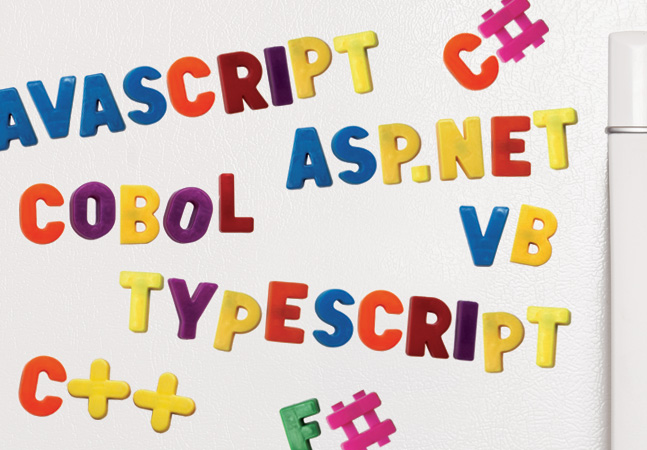
In the real world, you'll often need to display constant and repeating data, a.k.a. Master/Detail pages. Custom templates are the cleanest, simplest way for you to manage them.

You don't always want to display the same data the same way. Here are your options for leveraging custom templates in Views to meet all of your needs -- and the code you need when a template won't do the job.

Peter reviews some of the more spectacularly incorrect things he's told other people and then draws some conclusions.

Some things only matter to the true nerd. So, if you're looking for a genuinely useful article, this isn't it.

It's what unit testing should be. Here's how to use it to test your apps.
- By Jason Roberts
- 04/22/2015

Stored procedures can speed up your code by reducing trips to your database -- even if you only have one SQL statement to execute. Here's how to speed up your application (and how to simplify your stored procedure code).

The .NET Framework has two collections that will guarantee your items are always sorted whenever you process the collection. Here's how to choose between the two and how to control the sort order (including supporting duplicate entries).

Now that you know how to use them (see Part 1 if you don't), it's time to create custom ones.
- By Jason Roberts
- 03/26/2015

Peter's convinced you're not using Shared and static members enough, but then he's also convinced that none of you know about all the ways you can use those two keywords.

You don't have to give up on creating dynamic queries just because you're using Entity Framework. Entity SQL and ObjectQuery will let you generate queries at runtime and still let you update your data through Entity Framework.

You don't need to worry about keeping your current job -- it will be gone, eventually. What you want to worry about is keeping your next job. That means developing the right skills to the right level for the package you intend to provide to employers.

Here's the simplest possible code for creating a custom collection class in the Microsoft .NET Framework that includes support for For…Each loops, an indexer method and initializing collections with {…}.

Be triple sure your code works by augmenting your test platform. This nifty open source library will do that.
- By Jason Roberts
- 02/12/2015

There's no right answer to "What technology should I learn next?" But there is a way to manage your skills to maximize the return you get from them.

You don't have to give up using dynamic SQL just because you're using Entity Framework. The Entity Framework SqlQuery method will give you back the flexibility of dynamic SQL and still let you work with your data in an object-oriented way.